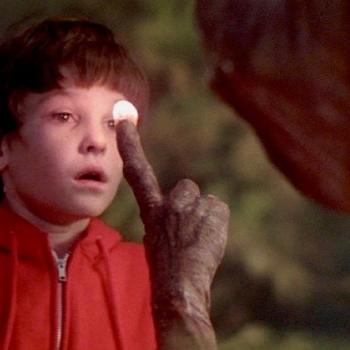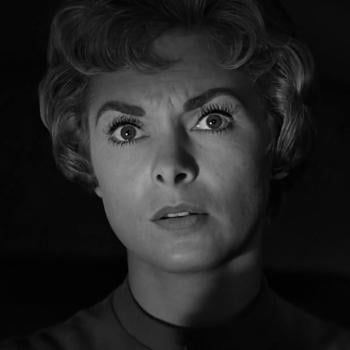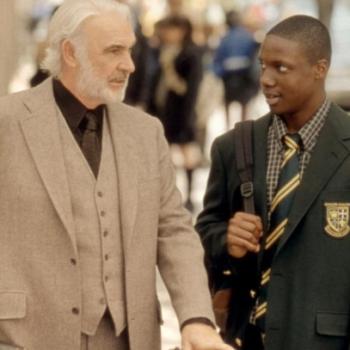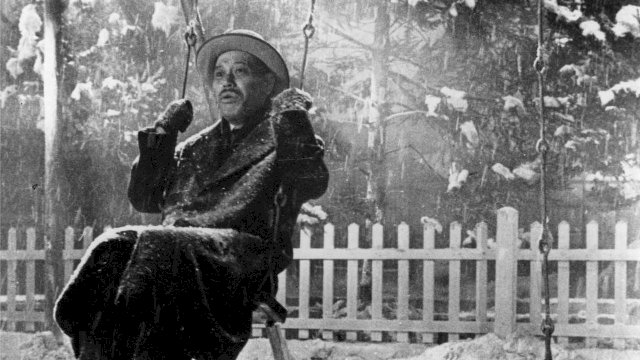
I consider myself relatively lucky in the way of work. Overall, I have been fortunate enough to spend my working hours in pursuits that maybe aren’t always glamorous, the kinds of things you brag about during the class reunions, but they at least fulfill some societal need and leave the world a better place. That said, I definitely have a penchant for media that exposes the corroding force of the workplace and the way that the societal drive to excel in career at all costs has a toll not only on the individual but on the community. So today we’re going to talk about one of the two movies that demonstrate this best, Akira Kurosawa’s 1952 classic, Ikiru.
Mr. Watanabe has a very rectangular lifestyle. He has the same thing for lunch every day, and everyday he tells concerned citizens the same thing anytime they ask him to please do something about that sewage dump in the middle of the town. But to his credit, he has gone almost 30 years without missing a single day at work. If you’d asked him, he would have said he was perfectly content in this lifestyle, but that all changes when news of his terminal cancer throws him into a tailspin. Suddenly he’s desperate to figure out what all those years of dutiful work were even all about. At first he tries to find comfort in pleasure and indulgence, but that doesn’t satisfy him. It’s only when Watanabe has the idea to finally make good on his duty as a civil servant, and convert that cesspool into a playground after all, that he finds his life has any meaning.

This sphere in which Watanabe has built his career is a sterile one. None of the men working for the city give any thought to whether they are using their position to actually better the lives of the population. Indeed, they all have a sort of gentlemen’s agreement anytime a complaint is filed to just send anyone with an issue on a wild goose chase between departments so no one has to actually do anything. But they all sure do love collecting their bonuses.
You see how Mr. Watanabe has passed on this impersonality to his own son, who lives with him, in how he reacts to his father’s change in temperament post-diagnosis with annoyance and frustration. His father dies without him even considering that something might have been wrong. Being confronted with how even his son regards him as a non-entity forces him to reevaluate what all those years of living were even good for, which is where he gets the idea to follow through with the request to build the park.
We see how this change in purpose ultimately elevates his entire approach to living. When his coworker asks him whether he feels any resentment toward his fellow bureaucrats for impeding his progress on the park, he merely says “I can’t afford to hate people; I haven’t got that kind of time.”
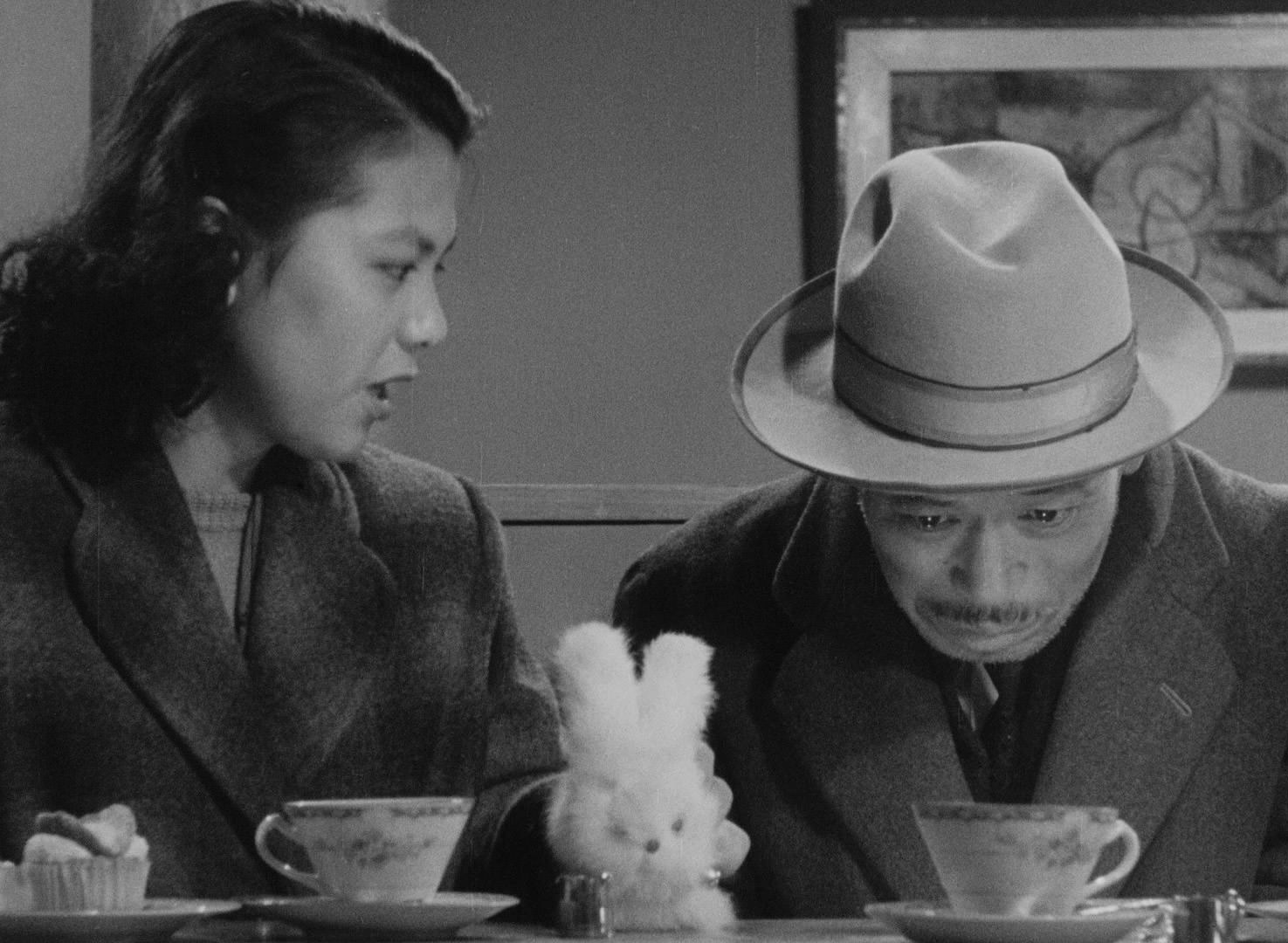
One thing this film really dials in on is how this authentic goodness is incompatible with what we expect of those trying to keep their heads up in this game of getting ahead. The moment Watanabe tries living more altruistically, his coworkers all assume he’s come down with a fever or something.
There’s a period of his pursuit of happiness where he attaches himself to a younger female employee, feeling drawn to her natural enthusiasm for life and curious to know what he has to do to feel this too. Watanabe’s coworkers, and even his son, make assumptions about his intentions in seeking her company. Even Watanabe’s passing, which occurred in the park that he built, is at first interpreted by some as a sort of protest over not being sufficiently recognized for his contributions. They’re even more at a loss for why he suddenly threw himself into building this park when he had been so effective at minding his own business for years. When every decision you make is based on whether it will advance your station or satisfy your individual appetites, you don’t really have room in your vocabulary for things like charity or humanism.
The crowning moment of this movie is the sequence where we see Mr. Watanabe, in what will be the final night of his life, swinging on the swingset of the park that he built while the snow all falls around him. My first thought the first time I saw this movie was just how heavenly it all looked. This is Watanabe at the most peaceful we’ll ever see him, and even the flurry of white falling around him endows him with a sort celestial pureness. This is a man who has finally found peace.
I’ll acknowledge I don’t know a lot of the details of what the afterlife will be like, but I think we can guess that heaven will be a place where we aren’t expected to trip others in order to get ahead, or maybe a place where we won’t have to “get ahead” in the first place. It may be a while until we can experience that firsthand, but we don’t have wait until the terminus of this world, or this life, to feel its influence.

Anyways, the other movie I referred to was Billy Wilder’s The Apartment, but we’ll have that conversation another time.




